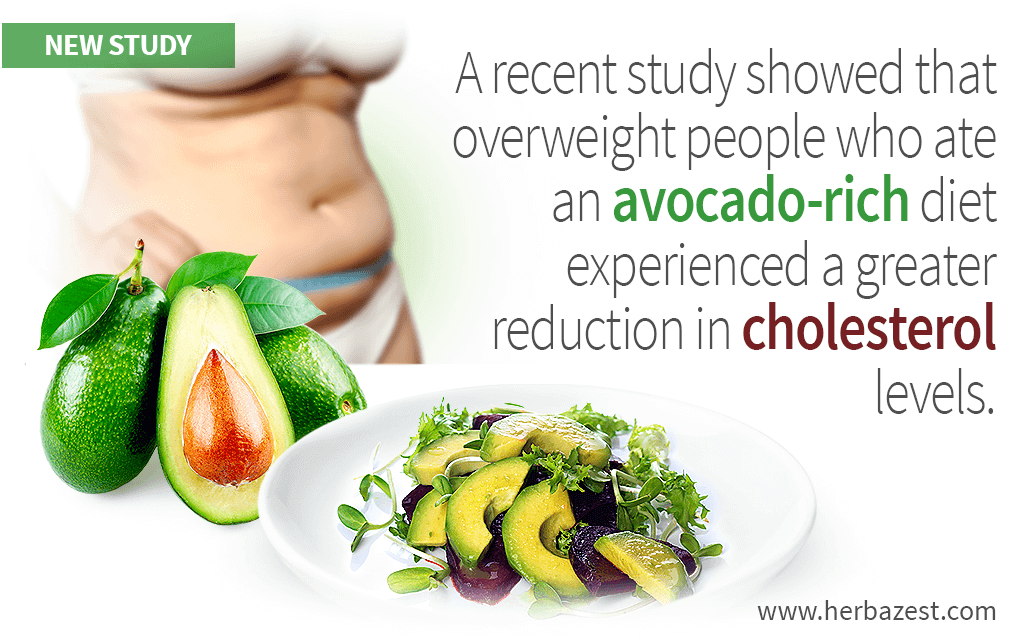A team of researchers, supported by the National Center for Research Resources, recently published the results of a clinical trial that evaluated the effects of a diet rich in avocado on the levels of bad cholesterol in overweight and obese people. Their findings might prove valuable for those struggling to balance their cholesterol levels, as well as for preventing atherosclerosis.
The Study
The team of researchers put a group of overweight and obese individuals between the ages of 21 and 45 on three cholesterol-lowering diets. The group was initially put on a typical American diet, which entailed getting 34% of calories from fat, 16% from protein, and 51% from carbohydrates.
The Results
While all three low-cholesterol diets did result in a reduction of low-density lipoprotein (LDL or "bad" cholesterol) levels, when compared to the generic American diet, the avocado diet proved the most effective. LDL was reduced by 13.5 mg/dL in those consuming the avocado diet, while those on the moderate fat and lower fat diets experienced a reduction of only 8.3 mg/dL and 7.4 mg/dL, respectively.
The study also indicated that the avocado diet was useful for reducing levels of total cholesterol, triglycerides, and others.
What Does This Mean?
While this was a controlled clinical trial and the findings must not be taken out of context, there are some clear results. Avocados are often not part of mainstream diets, and if they are, it is generally in the form of guacamole, which is eaten with tortilla chips high in saturated fat and salt. This study provides evidence that making avocado a regular addition to a healthy, balanced diet may help lower cholesterol, reduce the risk of heart disease, and lower blood pressure. These results further support the need to replace saturated fats with heart-healthy unsaturated ones, such as those found in avocados.
Sources
- Journal of the American Heart Association, Effect of a Moderate Fat Diet With and Without Avocados on Lipoprotein Particle Number, Size and Subclasses in Overweight and Obese Adults: A Randomized, Controlled Trial. 2015





